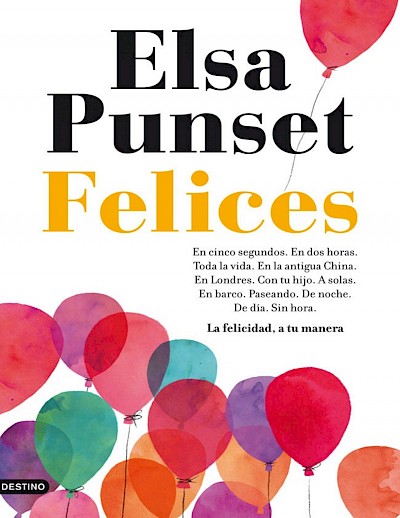When we are children, we ask ourselves questions all the time. Then, little by little, we believe that we finally have the answers, or we get tired of searching ... and we stop asking.
Socrates died for defending the right and the need we have to ask ourselves questions throughout our lives, and not only when we are children.
Life, the sage tells us, is a journey of self-discovery. But humans have a hard time understanding ourselves. In fact, a study of thirteen thousand different professionals reveals that there is almost no connection between how a person evaluates their own performance and the truth of an objective evaluation of this performance. Knowing yourself, however, is very important: if you know yourself, you are much more likely to be happier and ...
- to make better decisions
- to have more satisfactory personal and work relationships
- to better educate your children
- to be more creative
- of being less aggressive
- of being a better leader (one of the most reliable indicators of a good leader is self-knowledge).
So Socrates said that a life without reflection is not worth it. Still, when they named him the wisest man in Greece, he would laugh and say "I just know I don't know anything." And it is that asking, reflecting and inquiring may well lead us to the conclusion that we know almost nothing, but Socrates' message is optimistic: you have the power to understand the world around you and, therefore, also to heal yourself , to be your own emotional doctor. From his school of thought psychotherapy and the famous Socratic method were born, a simple technique to ask us constant and logical questions until we find the truth.
